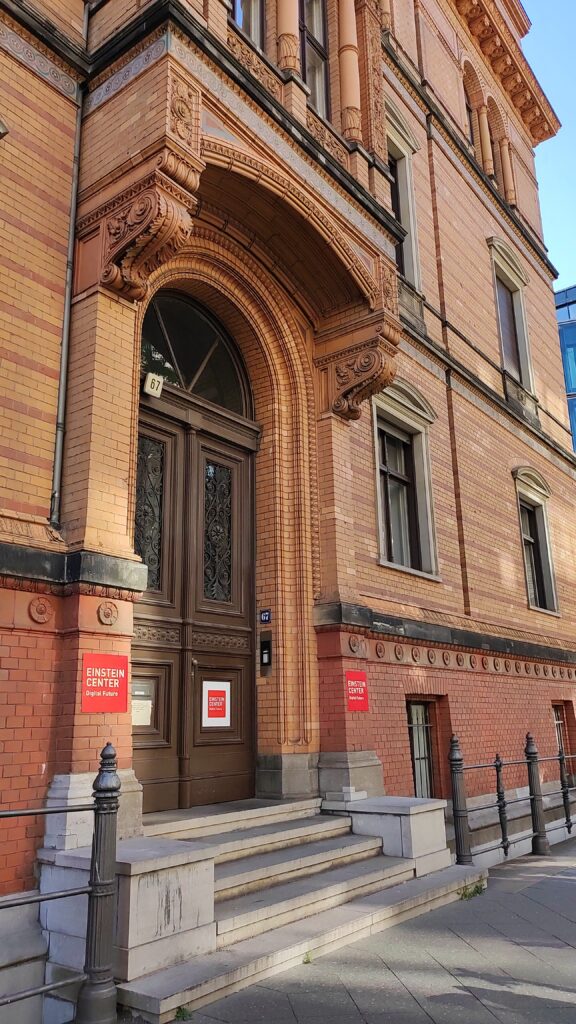CECIC is organizing the Workshop for an Inclusive Open Science at the Einstein Center for Digital Future, in collaboration with the Berlin University Alliance and the Berlin Center for Global Engagement. The event will take place on July 14, 2025. The program consists of four panels featuring over 15 speakers from universities in Germany, the United Kingdom, the United States, Ukraine, South Africa, Argentina, the Netherlands, Brazil, Colombia, and Canada.

Currently, several studies on the balance of the 20 years of the Budapest Open Access Initiative have been highlighting its intentions regarding scientific democratization; However, they have also pointed out various complexities. Indeed, among other things, the interests of the academic publishing sector have been perpetuated, in particular those related to the so-called “high-impact” journals that circulate in the mainstream, continue to struggle to sustain certain models of privatist financing via onerous payments. On the other hand, there is also a growing phenomenon in journals originally supported by open access, which have been demanding increasingly high fees for article processing charges (APCs), thus eclipsing the achievements of the open access movement.
However, it is known that in all regions it has been strongly assuming a boost related to the development of open digital research infrastructure. Across regions, the diverse momentum related to the development of open digital research infrastructure is observed. Europe and Latin America have strong initiatives and/or continental networks in terms of their development, consolidating the focus on knowledge as a public good. In the United States, the federal government was one of the most important drivers of the practice of open science, although the current situation is changing priorities. There is a growing interest on the part of regional and sub-regional bodies in fostering open science efforts along with the transformation towards responsible research assessment.
Based on all this, this workshop seeks to reflect on the paths towards current open science. To this end, 4 panels have been designed under face-to-face and virtual mode, where more than 15 exhibitors from different universities in Germany, the United Kingdom, the United States, Ukraine, South Africa, Argentina, the Netherlands, Brazil, Colombia and Canada will participate. The program is shared below:

